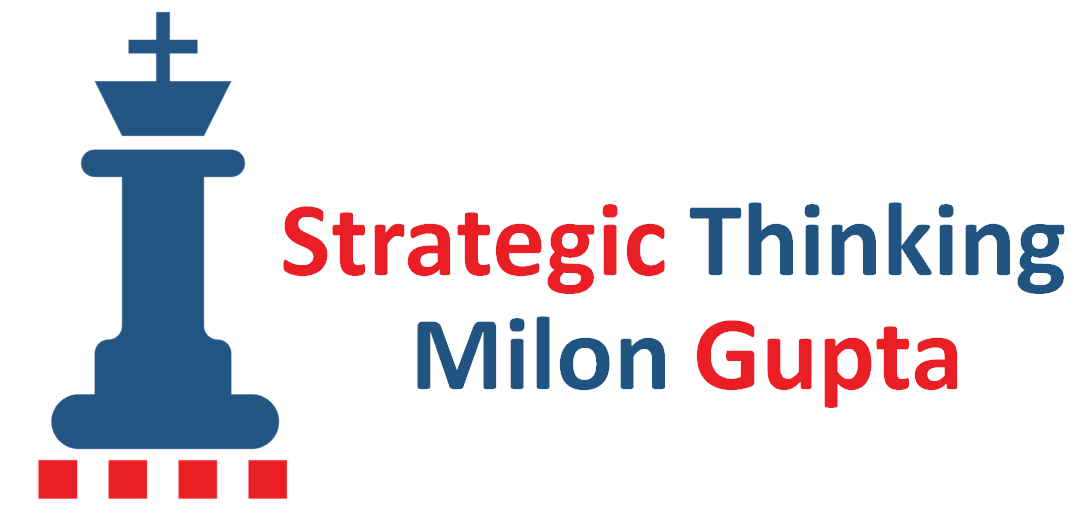When the 2015 United Nations Climate Change Conference ended with the Paris Agreement on 12 December, one of the first to comment was Paul Polman, CEO of multinational consumer goods company Unilever. In a statement published on the same day, Polman praised the agreement as “a clear path to decarbonise the global economy”. He considers the envisioned zero emissions economy to be “the greatest business opportunity of the century”.
 Polman’s position is not shared by everyone in business. Benjamin Sporton, Chief Executive of the World Coal Association, is not in a hurry to decarbonise the global economy. In his view, the Paris Agreement leaves room for the coal industry to grow. He wants to reduce CO2 emissions from coal use via efficient, low-emission coal technologies and carbon capture and storage.
Polman’s position is not shared by everyone in business. Benjamin Sporton, Chief Executive of the World Coal Association, is not in a hurry to decarbonise the global economy. In his view, the Paris Agreement leaves room for the coal industry to grow. He wants to reduce CO2 emissions from coal use via efficient, low-emission coal technologies and carbon capture and storage.
Effects of climate change on business
Whatever you think about decarbonising the economy, one thing is sure: climate change will sooner or later, directly or indirectly, affect your business – if it has not done so already.
A recent article lists 22 devastating effects of climate change. Many of the predicted effects will occur whatever action for CO2 reduction is taken after the Paris Agreement. In other words, even if the ambitious goal of limiting the rise of the global temperature to well below 2 degrees Celsius is achieved, climate change and its effects on the environment, on people, and on business will happen in any case.
Assuming a temperature rise of 2 degrees Celsius by 2100, a number the IPCC has suggested we are “more likely than not” to exceed, the sea level will rise by 0.5 meters in the same period – with severe effects. In this scenario, a number of coastal cities, like Calcutta and Miami, will be in big trouble. Everyone else should get ready for extreme weather conditions and a decline in wheat and maize production, which are only a few selected effects.
In a globalized economy, this will sooner or later have an impact on every business – including yours. The major strategic question for every executive and business owner should be now, how to respond to the challenge of climate change.
Three principal responses to climate change
There are three principal responses to climate change: ignore, adapt, contain.
Ignore
Ignoring climate change has worked fine for many businesses so far. However, this will change in the next years, and businesses that are not prepared for the effects of climate change will be surprised about the negative effects. This could be, for example, production bottlenecks at suppliers in Asia due to extreme weather conditions, seasonal water shortages, or increasing energy costs.
Adapt
Adapting to climate change has two major aspects: firstly, preparing for the effects of climate change and their impacts on business, and secondly, finding and exploiting business opportunities that climate change may bring. Adaptation will be partly forced by increasing regulation, for example in regard to permitted CO2 emissions and energy efficiency. From regulation and the need for energy-efficiency, opportunities for innovative products, services and processes emerge. Whoever spots and exploits them first, may gain a competitive advantage.
Contain
While adapting to climate change is more a reaction to it, the third option entails proactive efforts for containing CO2 emissions beyond regulatory requirements. While, for example, investments in energy-efficient processes may lead to increased costs in the short term, the mid-term and longer-term effects will be not only environmentally, but also economically beneficial for your enterprise. In addition, serious commitment in the fight for containing climate change will have positive reputation effects in the eyes of customers, which could help sales.
Conclusion
Climate Change is relevant for every business. Companies who understand this and consider it in their business strategies will create benefits for themselves and for society. Or in the words of Paul Polman: “If we don’t tackle climate change, we won’t sustain economic growth or end poverty”.
Checklist for Subscribers of Strategic Business Insights
If you are already a subscriber of Strategic Business Insights (SBI) you can access the Checklist on Business and Climate Change, which complements the article, by entering the access code sent in SBI issue 48 when prompted. If you are no subscriber yet, consider to subscribe for free via the SBI page.
